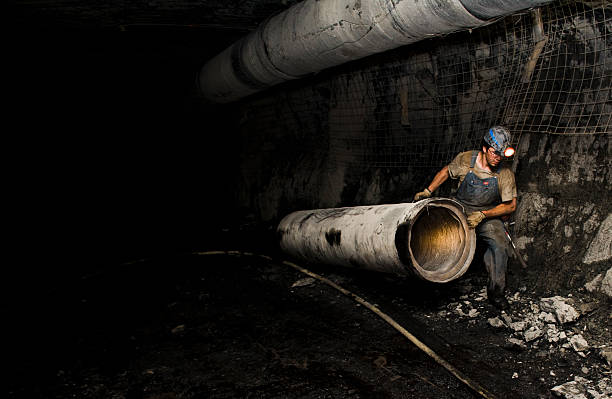In a controversial move, Australian Environment Minister Tanya Plibersek recently approved three new coal mine expansions, a decision that raises serious concerns about the nation’s commitment to addressing climate change.
These expansions are projected to generate approximately 1.3 billion tonnes of greenhouse gas emissions over their lifetimes, directly contradicting the government’s net-zero goals by 2050.
Critics argue that this decision not only undermines climate efforts but also diverts vital construction resources away from addressing the pressing housing crisis, where the government aims to build 1.2 million new homes over the next five years.
Last week, while Plibersek shared images of releasing a bilby into the wild—a commendable act of wildlife conservation—she notably omitted any mention of the coal approvals in her list of proud achievements.
When questioned about the implications of these approvals for Australia’s emissions commitments, Plibersek defended her actions, citing the government’s “safeguard mechanism,” a policy criticized for allowing companies to offset their emissions rather than reduce them directly.

This mechanism, originally developed under the Abbott government, has drawn scrutiny for enabling the continued expansion of fossil fuel projects without meaningful accountability.
The implications of this decision extend beyond environmental concerns; it threatens the construction industry, which is already facing a severe labor shortage.
With a record low unemployment rate in construction, workers are increasingly drawn to mining projects over residential buildings, exacerbating the struggle to meet housing demands.
As mining projects “crowd out” opportunities for residential construction, the government’s ambitious housing goals face significant obstacles.
In light of the recent approvals, Pacific Island leaders, such as Tuvalu’s Climate Minister Dr. Maina Talia, have voiced their concerns, labeling the decision a “direct threat” to their future.
As Australia grapples with its environmental responsibilities and housing needs, the dual impacts of this decision underscore a critical need for policy reform that prioritizes sustainable development and climate action.

